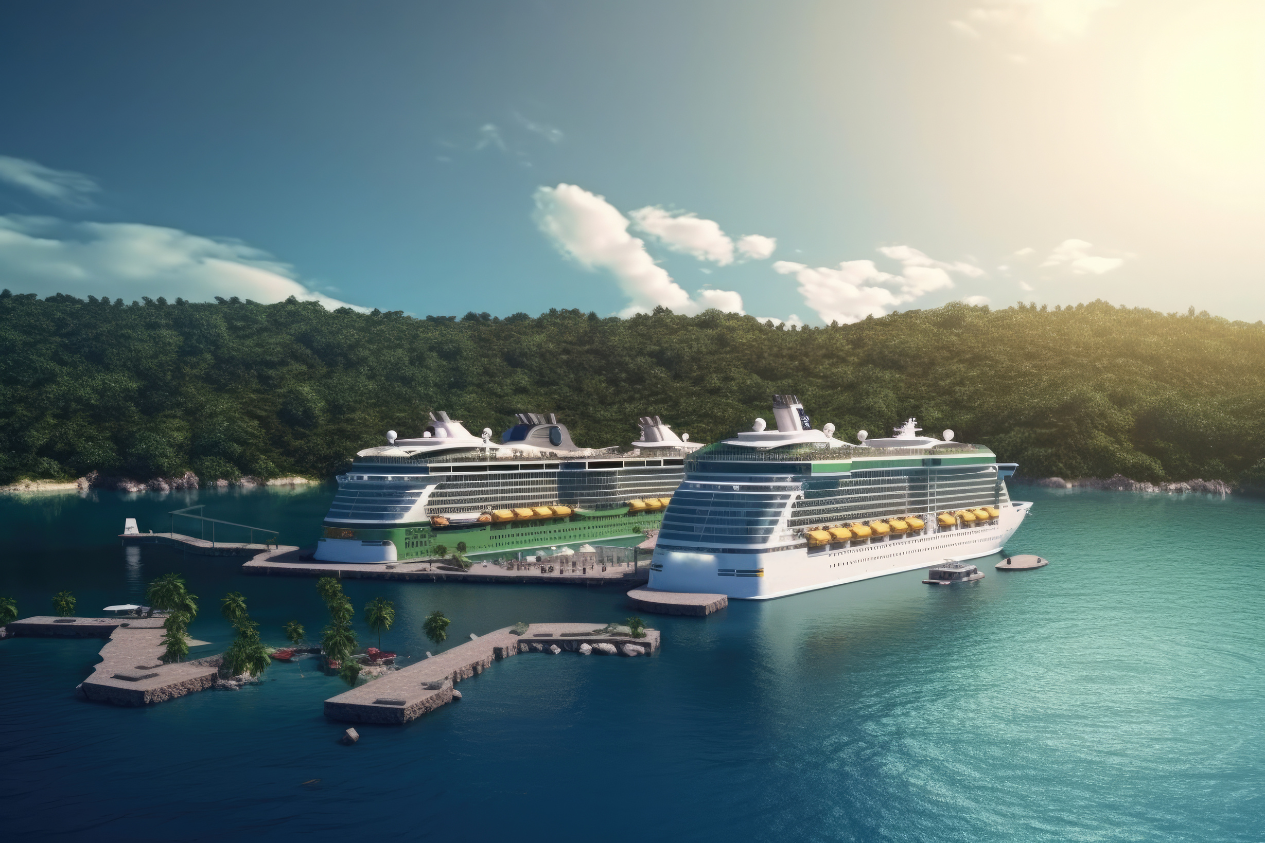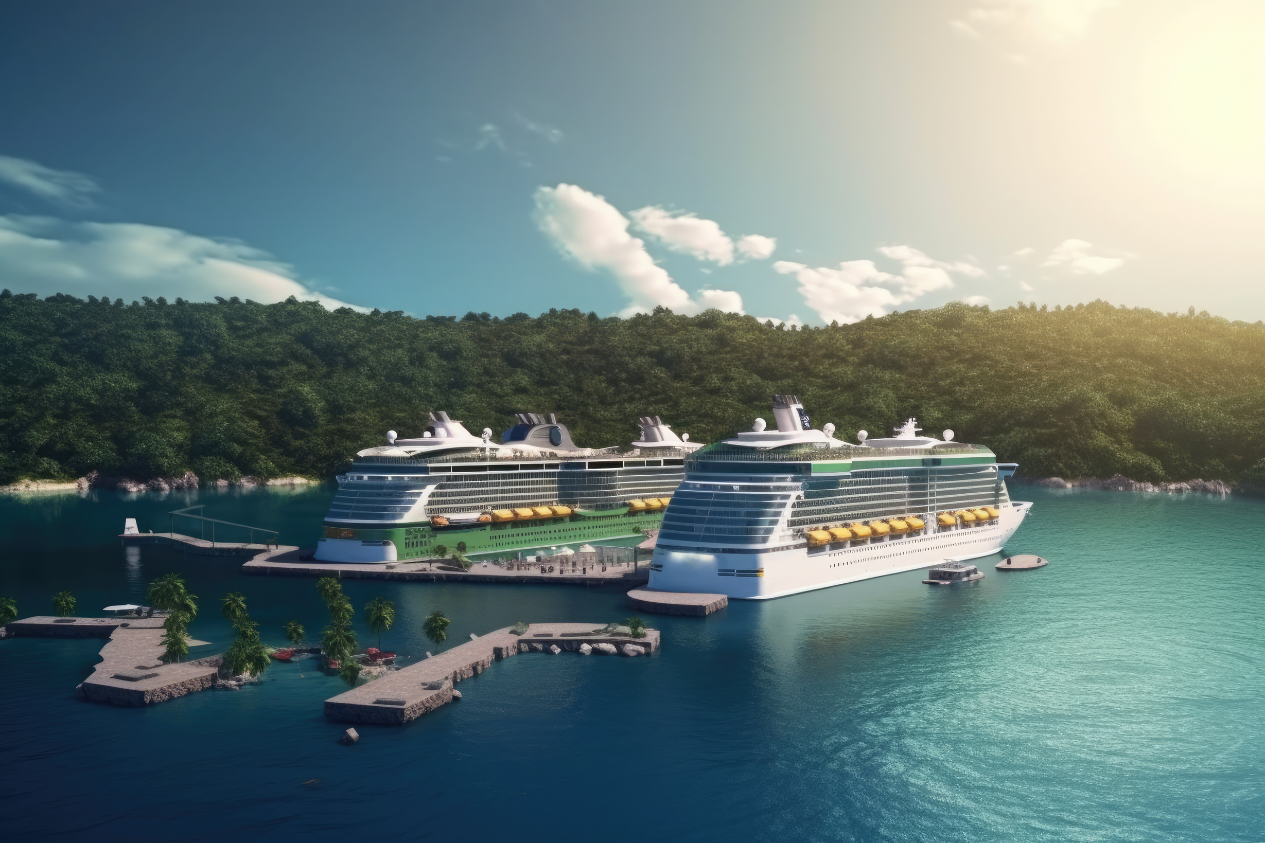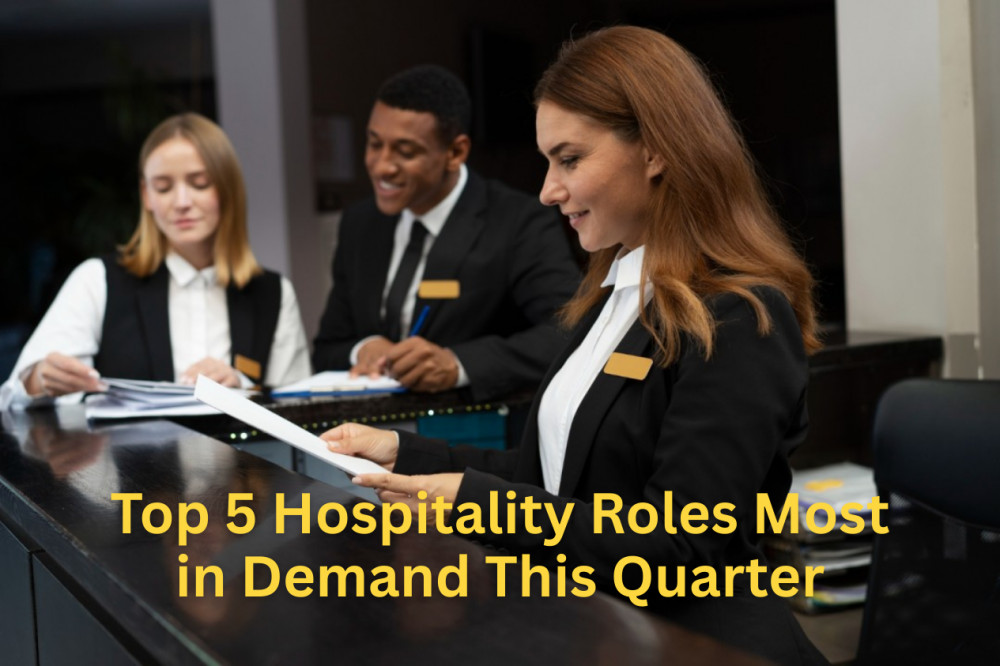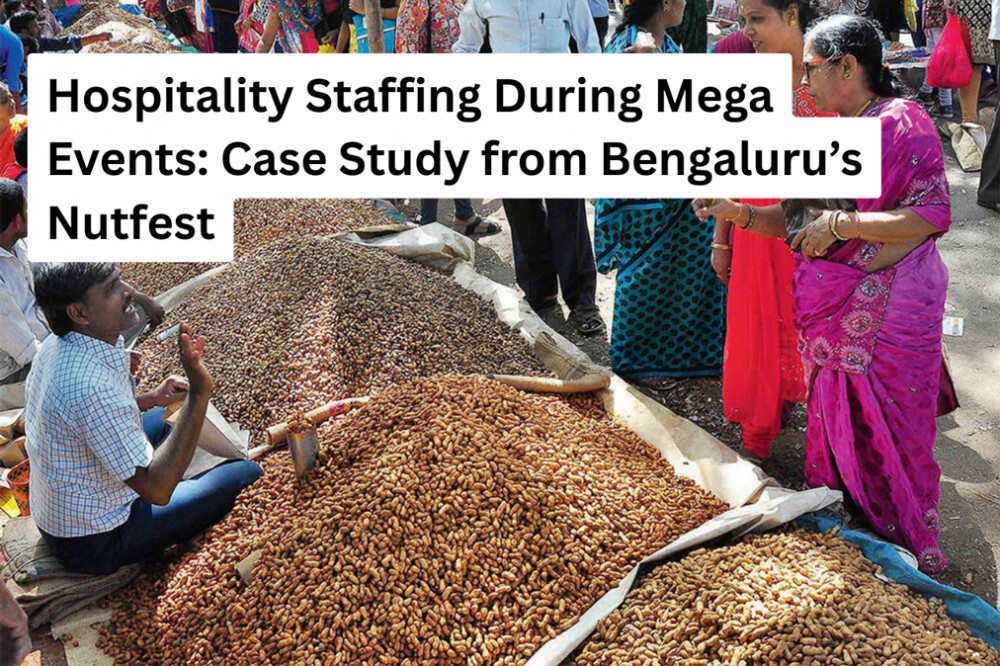
Hiring for Cruise Hospitality: Why It Needs a Separate Pipeline

Within the hospitality sector globally, cruise lines represent some of the most intriguing and challenging forms of hospitality. Although hotel, resort, and restaurant properties share many similarities in their operations, cruise passengers encounter variations during different phases of the cruising experience. In hospitality, hiring is never simply filling a vacancy; hiring is about constructing a pipeline to uphold fabulous service, ensure guest satisfaction, and adhere to key regulations and safety codes. In this blog, we explain why hiring cruise hospitality requires a separate pipeline and how hospitality professionals can plan for hiring cruise hospitality.
The Many Facets of Cruise Hospitality
Cruise hospitality is a unique blend of hotel, restaurants, and entertainment all packaged within a mobile ship. Cruise ships are unique in their operations, as they occur in international waters and must appeal to a diverse range of guests simultaneously. Suppose cruise lines overlap different hospitality operations into one venue. In that case, all employees must not only follow the technical skills associated with their role, but must also exhibit adaptability, the ability to bounce back, and cultural intelligence.
Additionally, cruise employees live and work on the ship for long stretches of time, frequently in tight living quarters, so the social competencies and emotional resilience of cruise employees are especially critical. As such, recruitment processes must assess candidates for both their professional capabilities and the potential for them to adjust to the novel work environment of the cruise industry that involves co-existing in close quarters while trying to deliver exceptionally high service.
Why Traditional Hospitality Hiring Pipelines Are Not Enough
Several cruise lines utilise traditional hotel or resort hiring methods when hiring for their cruise ship. While traditional hospitality hiring can support a cruise line’s basic hiring requirements, it fails to understand the complexities of cruise hospitality:
Longer Onboard Stays – Cruise hospitality is based on contracts that an employee commits to a ship and the work they do while onboard. Unlike hotels, which are based on shifts, cruise hospitality is based on contracts that can be several weeks or up to a few months. The traditional hospitality hiring pipeline does not have the ability to determine if someone can find and cope with the psychological pressure of being away from home for long and sustained periods of time.
Multinational, multicultural teams – Cruise ships have dozens of nationalities represented with crew members from across the world. Cruise ships can have upwards of 30 countries represented onboard. Every nation has different cultural challenges when it comes to team-based hospitality. Traditional hiring pipelines usually do not screen for cross-cultural synergy and collaboration skills, together with teamwork, to avoid poisonous situations.
Regulatory Compliance - International maritime law and flag state regulations impose stringent standards on crew certifications, medical fitness, and safety training. Traditional hiring pipelines do not incorporate checks in a systematic way, and there can be personnel compliance risks.
Dynamic Guest Profiles - Cruise guests can include a family of travellers with children, high-end luxury travellers, and high-adventure travellers. Staff need to flexibly adapt to differing customer expectations every day, necessitating training and selection processes focused on flexibility, problem-solving, and emotional intelligence.
Given these unique demands, cruise hospitality requires a separate hiring pipeline that is as specialised as cruise hospitality itself.
Constructing a Dedicated Cruise Hospitality Hiring Pipeline
To approach the unique hurdles of cruise hospitality, operators must construct a pipeline to hire that includes recruitment, assessment, training, and retention strategies specific to maritime service operations.
1. Role-Specific Assessment
There is a wide variety of roles to fill aboard a cruise ship, whether it be housekeeping, culinary, entertainment and relationship coordinators, or front-of-house managers, and each role requires a different set of talents and skills. Each dedicated cruise hiring pipeline must assess candidates in the following areas:
- Technical abilities: knowledge and skill in culinary arts, housekeeping skills, and guest services experience or hospitality hotel skills.
- Adaptability: ability to manage irregular and prolonged hours, multiple peripheral tasks, and interpersonal stress management.
- Interpersonal Intelligence: the ability to demonstrate cohesion as a team, conflict resolution and communication operating under a multitude of cultural paradigms.
- Resilience: to withstand long periods away from home, and a poorly defined, high-stakes operating environment and unrivalled pressure.
Cruise hospitality assessment could be done through a combination of practical demonstration, simulation, behavioural interview, or a psychometric approach. One option is to augment assessments with scenario testing, designed to mimic onboard incidents or situations, which allow operators to assess the candidates' in situ approaches and actual performance in cruise unique circumstances and experiences.
2. Cultural and Emotional Preparedness
Cultural competence is a key element in cruise hospitality. Cruising staff must deal with cultural differences, including language barriers, different guest expectations, and multicultural teams with various points of view. A dedicated hiring pipeline includes cultural orientation modules and emotional readiness assessments to ensure candidates can be adequately prepared and successful in a multinational environment.
Emotional intelligence is important to cruise staffing, and candidates must demonstrate compassion, patience, and a level of competence to de-escalate. Skills which, in traditional hospitality hiring, would likely fly under the radar.
3. Compliance and Certification
There is zero tolerance for non-compliance in the cruise business. A dedicated hiring pipeline must process checks for;
- Valid Certification to work as a seafarer, and or a valid maritime license.
- Certificate of health and medical clearance for deployment to sea.
- Certificates for safety and emergency training, such as crowd management, fire safety and first aid training.
Including checks for compliance and certification at the start of the hiring pipeline ensures the risks of liability are minimised, and the candidates are ready to operate safely.
4. Overview and Preboarding
Cruise staff usually have much more preboarding orientation than they would have in any other land-based hospitality role. We have a dedicated pipeline that provides:
- Awareness of onboard specificity, including the vessel's contract, procedures, facilities, and hierarchy
- Instruction on the nuances and challenges of life onboard a ship, including living in limited space, shipboard etiquette (e.g., can't-be-late mentality), and navigating and working across various departments
- Involvement in important emergency drills and review of safety procedures to enhance operational readiness from day one
This organised preboarding process minimises preboarding time and strengthens staff retention by establishing clear expectations and preparing staff for life at sea.
The Strategic Imperative
Cruise hospitality is a high-touch, high-complexity environment that requires specialised talent acquisition strategies. Traditional recruitment models for the hotel or resort environment, both operationally and in terms of HR, cannot address the distinctive challenges associated with the maritime working environment, from regulatory frameworks to managing a multicultural team, extended onboard employment, to positive guest experience.
Stay connected with Foodism Connect for more such insights!!
Related Blogs

The Rise of Boutique Hotels: Recruiting for Experience, Not Size
73 Views

Top 5 Hospitality Roles Most in Demand This Quarter
71 Views

Hospitality Staffing During Mega Events: Case Study from Bengaluru’s Nutfest
86 Views

Festival Hospitality: What Food Events Teach About Guest Management & Staffing
194 Views

Little Guests, Big Smiles: How Hotels Design Family-Friendly Experiences
171 Views